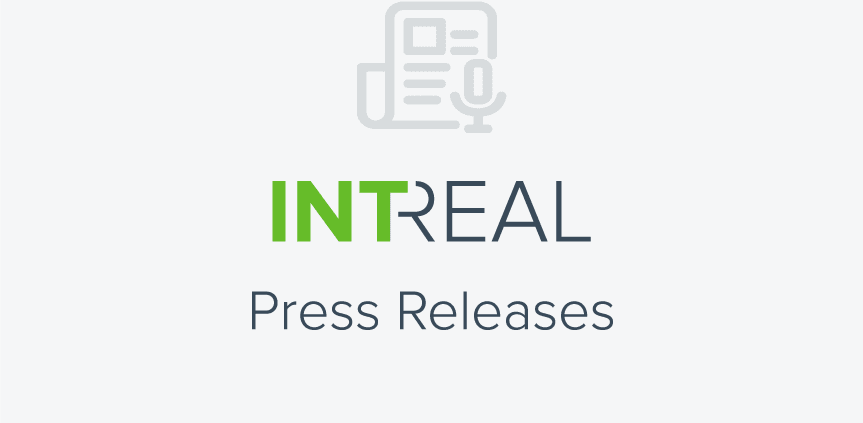German Fund Location Act Makes Open-Ended Property Funds Slightly More Flexible
07. Jun 2021
Germany’s new Fund Location Act (FoStoG), which is expected to enter into effect in early August 2021, will bring more flexibility for open-ended public real estate funds in certain ways. It is particularly relevant for structuring real estate investments whenever these are indirectly acquired via property holding companies. Under a so-called two-tier structure, an option that investment funds sometimes use, a given fund owns a property company which in turn holds an interest in another property company. The actual property is owned by the latter. Such structures are usually chosen for tax reasons. Two-tier structures used to be permitted only for real estate located outside Germany. In future, they will also be permitted for real estate investments in Germany.
Michael Schneider, Managing Director at INTREAL, commented: “The new regulations increase the flexibility for investment funds. The competition for good property stock is very intense at the moment, which makes it important for open-ended public real estate funds to be able to act swiftly and to have the right to acquire various structures.”
Shareholder loans will be relaxed further
The rules governing shareholder loans will also be relaxed further. Shareholder loans are granted by a given investment fund to its property holding companies. They are usually employed to optimise taxes and cashflows. So far, the borrowing cap here has been 50 percent of the fair market value of the properties held by the respective property company. This limit will cease to apply in future if the respective fund owns 100 percent of the property company’s shares.
Michael Schneider summarises: “At the bottom line, the Fund Location Act brings modest improvements for public funds. AIFM companies are getting more structuring choices, which implies various benefits, including tax breaks. The major and principal rules for public funds remain in place. This is true for the 30-percent debt financing limit and for the rules governing notice periods and minimum holding periods. The rules on concentration limits—concerning diversification, for instance, or the maximum share of property developments—remain unchanged as well.”
To merge investment funds will becomes easier
Another change is that it will becomes easier to merge investment funds. To move forward with a merger, the AIF management company no longer needs to submit a formal exchange offer but may simply merge the funds.
Michael Schneider elaborates: “The occasional merger of investment funds is nothing new. But AIFM companies have reason to welcome the new regulations because they reduce the red tape involved. From the investors’ point of view, however, the change means that they will have to look closely what a planned merger will effectively mean for them, and that they may wish to exercise their termination rights. But practically speaking, this aspect is probably more relevant for securities funds. The real estate funds currently offered on the market are comparatively diverse, which makes further mergers more or less unlikely at this time.”
Download press release as PDF

